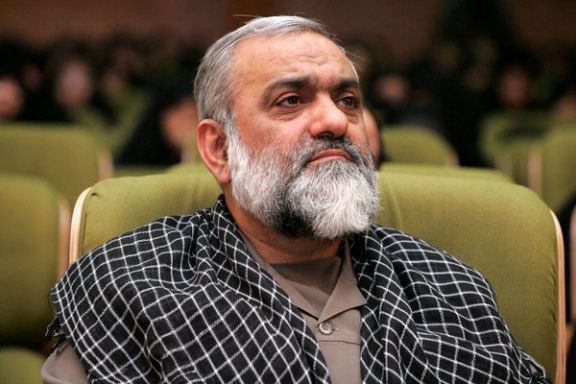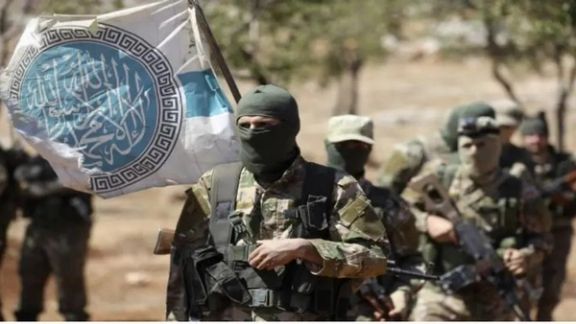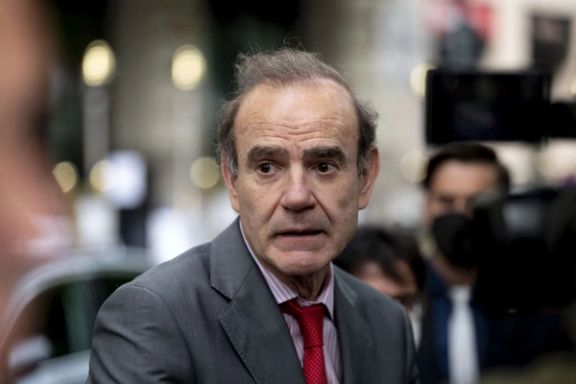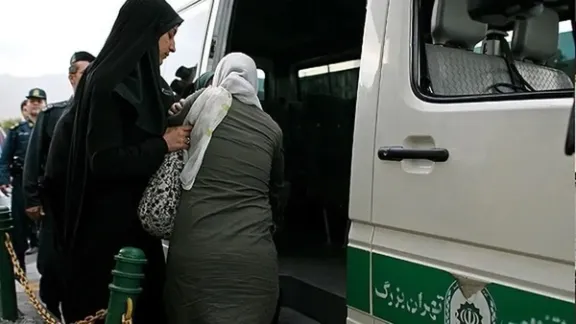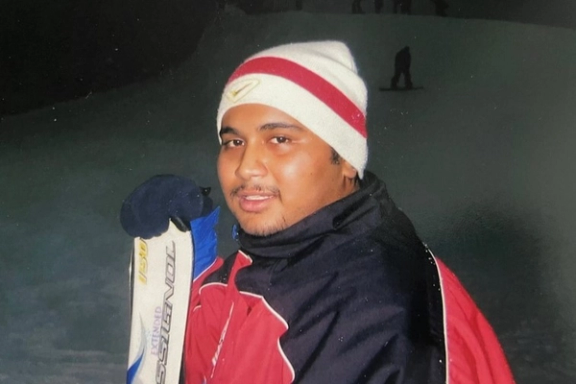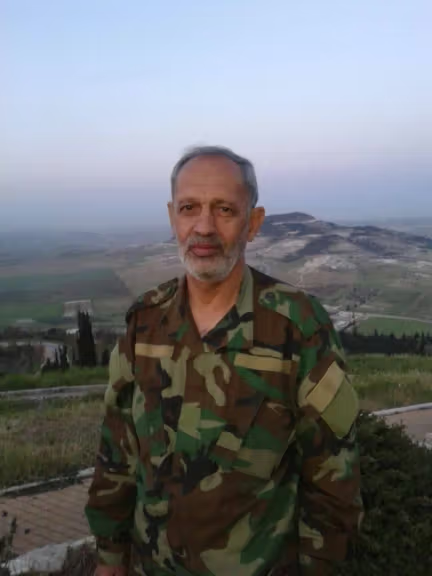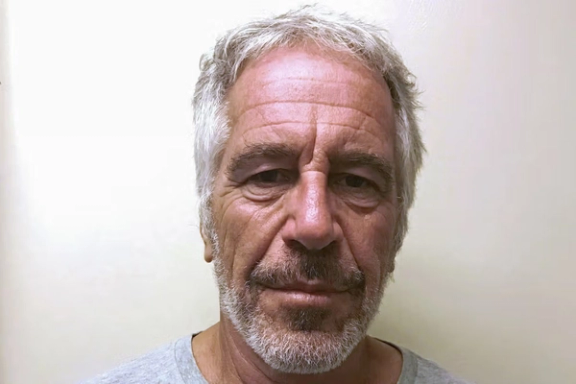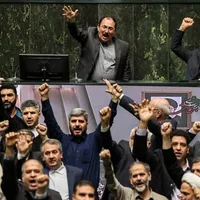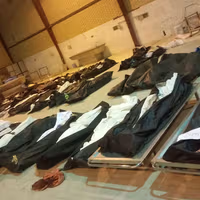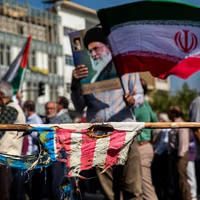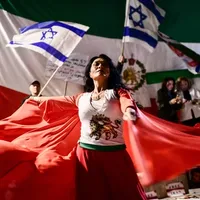These movements have highlighted an unexpected strength within the opposition, placing pressure on the Iranian-backed Syrian authorities amid an already complex political and military landscape.
These developments come at a critical time for the Syrian government, which is grappling with deep internal pressures due to a deteriorating economy and growing public discontent. Externally, Assad faces diminishing Russian support as Moscow remains preoccupied with the conflict in Ukraine, alongside mounting battlefield losses among Iranian-backed allies.
These shifts on the ground appear to signal a change in the rules of engagement in Syria, raising questions about the ability of both local and international actors to adapt to these changes and what they might mean for the country’s political future.
Unexpected military tactics
The operations were launched with meticulous coordination among different factions of Islamist groups and the Syrian National Army (SNA), focusing on strategic targets. Although the timing of the attacks was unexpected, evidence suggests that preparations had been underway for months, bolstered by advanced weaponry.
Armed drones and other sophisticated tools played a pivotal role, enabling the opposition to effectively manage the conflict and secure rapid territorial gains into Aleppo, Syria’s second-largest city.
Within hours, opposition forces seized key strategic locations, including stretches of the M5 highway and major military bases such as Brigade 46 and Regiment 46. These swift gains highlighted the opposition’s ability to challenge Assad’s forces—and even Russian troops—when sufficiently supported. Notably, the operations set aside internal factional disputes, presenting a rare display of unified military coordination.
The opposition’s treatment of prisoners added a notable dimension to their strategy, as humane practices are rarely observed in the Syrian conflict. Even HTS, an internationally designated terrorist organization, appeared to adopt a more calculated approach in handling detainees. This shift may reflect an effort to send a positive signal to the international community and position themselves for potential political transformation and broader acceptance on the global stage.
International stakeholders
The Syrian government finds itself in a precarious position, suffering heavy losses among its troops and allied militias. Iranian-backed militias, a critical pillar of support for Assad, have faced significant setbacks, including the death of a senior Iranian advisor and members of Hezbollah. These developments underscore Iran’s continued direct military involvement in Syria, despite mounting losses that reflect the depth of its entanglement in the conflict.
Meanwhile, Russia, a steadfast supporter of Assad, appears increasingly constrained in its ability to intervene decisively to restore balance, largely due to its focus on its invasion of Ukraine and growing international pressures. This could prompt Moscow to scale back its direct military support for Assad, opening the door to unpredictable military and political changes.
On the other hand, Turkey’s role in these operations cannot be overlooked. Analysts suggest that Ankara aims to achieve strategic objectives, including facilitating the return of thousands of Syrian refugees to safe zones in northern Syria and pressuring Assad to accept a political settlement on new terms.
Despite their field successes, extending the conflict to other regions, such as Deir ez-Zor, appears unlikely. The Syrian Democratic Forces (SDF), backed by the international coalition, control territories east of the Euphrates, while areas west of the river remain dominated by Iranian militias and Assad government forces. Any military advance into these regions would require significantly greater logistical support and troop numbers.
Shifting balance of power
These developments indicate that the Syrian conflict may be entering a new phase of escalation, potentially compelling Assad and his allies to reconsider their military and political strategies. As domestic and international pressures on the government intensify, the urgency for political solutions has grown, likely requiring terms that differ significantly from those previously proposed.
Iran: Official reactions and battlefield losses
On the official level, Iran has expressed deep concern over what it describes as the resurgence of “terrorist takfiri groups” in Syria. Iranian Foreign Ministry spokesman Esmail Baghaei warned that these developments pose a serious threat to regional stability, accusing the United States of orchestrating a “malicious plot” to destabilize the region. Iran called on regional countries to enhance cooperation to thwart these threats, framing them as part of a broader strategy to undermine Syria’s and the region’s stability.
Tehran blamed the armed factions for violating de-escalation agreements established under the Astana process, in which Iran, Turkey, and Russia serve as guarantor states. It described recent attacks near Aleppo and Idlib as blatant breaches of these accords, warning that continued operations could jeopardize the progress made in reducing violence over recent years.
Iran reaffirmed its unwavering support for the Assad against what it considers “takfiri terrorism” and praised the sacrifices of its “resistance martyrs.” The killing of senior military advisor General Kioumars Pourhashemi during recent clashes in rural Aleppo was framed as evidence of Iran’s commitment to safeguarding regional security. Iranian officials stressed that such losses would not deter Tehran from continuing its support for the Syrian government until full security and stability are restored.
A New Chapter in the Syrian crisis
Amid these rapid and complex developments, Syria’s landscape appears set for a significant shift in military and political power dynamics. The recent changes underscore evolving strategies by both local and international players, reigniting the Syrian crisis on new fronts.
As the Assad government and its allies face growing pressures, the opposition is striving to consolidate its gains, bolstered by limited but strategic support. The central question looms: will these developments open the door to a political resolution that could end the suffering of the Syrian people, or is the country destined for prolonged escalation, further entrenching the tragedies of the conflict?
